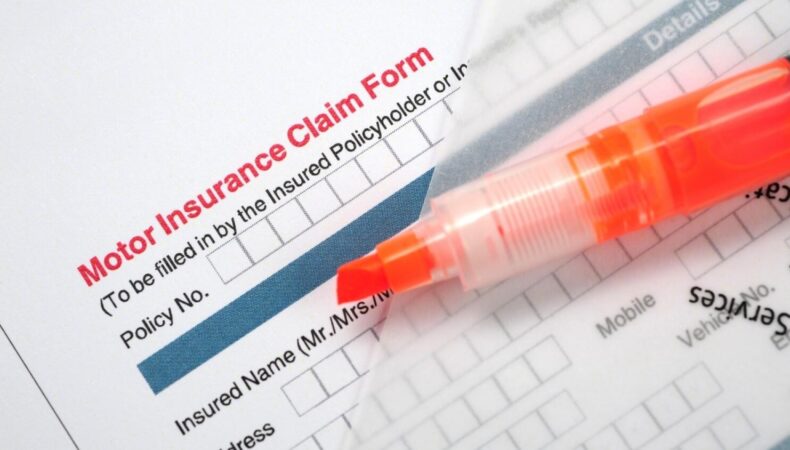Insurance brokerage companies said scammers are posting too-good-to-be-true deals
If an insurance scheme is being advertised for a fraction of the usual premium on social media, chances are it’s not what it looks like. Syeed, a Dubai resident and an engineer working at a multinational firm, learnt this the hard way recently.
After scouring the Internet for a motor insurance policy recently, he found one on social media that looked affordable. “The comprehensive insurance was nearly 40 per cent cheaper. So, seeing a much affordable option advertised on social media, I contacted the person and bought it,” Syeed recounted.
Syeed realised he was cheated when he made an insurance claim after his car was damaged. To his shock, he discovered that the insurance certificate he had received was fraudulent. “The comprehensive coverage I believed I had purchased turned out to be third-party insurance, which did not cover the damages,” said Syeed.
“I did not save the agent’s number. But when I checked the number on my phone bill and called, the number was not in use any more,” said Syeed, adding that the scammers had manipulated and edited the insurance documents to reflect false information.
Insurance brokerage firms said scammers are posting too-good-to-be-true deals on social media. Motor insurance premiums are regulated by the authorities concerned in the UAE and applicable discounts that can be offered, are clearly defined.
“Some of them promise rates which are lower than the minimum rates as stipulated by the regulator,” said Dev Maitra, managing director of Savington International Insurance Brokers.

Dev Maitra
Industry experts have said that scammers are trying their luck with deceptive policies after some firms recently hiked their rates.
“As insurance professionals, we can often identify these scam advertisements amid the vast number of ads posted on social media,” said Anas Mistareehi, CEO of eSanad, adding that when such advertisements offer rates significantly lower than the norm, it’s crucial to be sceptical.
“For instance, if trusted sources are offering a maximum discount of 20 per cent, any ad promoting discounts of 40 or 50 per cent is likely to be fraudulent, as such rates are legally impossible to apply,” said Mistareehi.

Anas Mistareehi
Common tactics
According to experts, the most common tactic used by the scammers is to lure a potential client by promising premiums which are lower than the minimum approved rates.
“As the axiom goes, if anything is too good to be true, it is not,” said Maitra.
According to insurance brokerage firms, scammers use a variety of tactics to create fraudulent insurance policies. “Some common methods include, creating fake websites and ads, offering unrealistically low premiums, using social engineering, and forging documents,” said Mistareehi.
Identifying legitimate advertisements
Constant and consistent awareness campaigns are essential, said Maitra. Only licensed companies, brokers, and agents can sell insurance in the UAE, he stressed. “If the client is buying from any other entities, then they are taking a huge risk.
The best defence against these scams is to purchase insurance from trusted and verified sources. It’s crucial to avoid going through various social media ads just to save a few dirhams, as these often lead to fake insurance policies.
“Always ensure the credibility of the source before making any purchase. Trusted platforms and direct contact with reputable insurance companies are the safest ways to secure genuine insurance coverage,” said Mistareehi.
In order to identify scammers, experts advise conducting checks on active trade licenses.
The first thing that the customer should check is the premium should not be too low from the other authentic sources. Secondly, he/she should check the validity of the organization selling the policy.
“A lot of insurance companies also provide QR codes on the quotes or policies which, when used, the client can check the authentic policy from the insurance companies database. This eliminates the risk of any after-sales editing on insurance policies. If no QR code is provided, customers must receive the original policy schedule from the authorised licensed company’s email ID,” said Maitra.
Experts also advise residents to check reviews and ratings that can provide insights into the provider’s credibility. “Additionally, ensuring the provider has a verifiable physical office location is important. Payments should only be made to legitimate company accounts, not personal ones. Finally, consumers should try calling the provider’s landline number to verify their existence and legitimacy,” said Mistareehi.
Reference: https://www.khaleejtimes.com/uae/uae-cheaper-insurance-schemes-on-social-media-could-be-fake-warn-firms
Last modified: June 7, 2024


